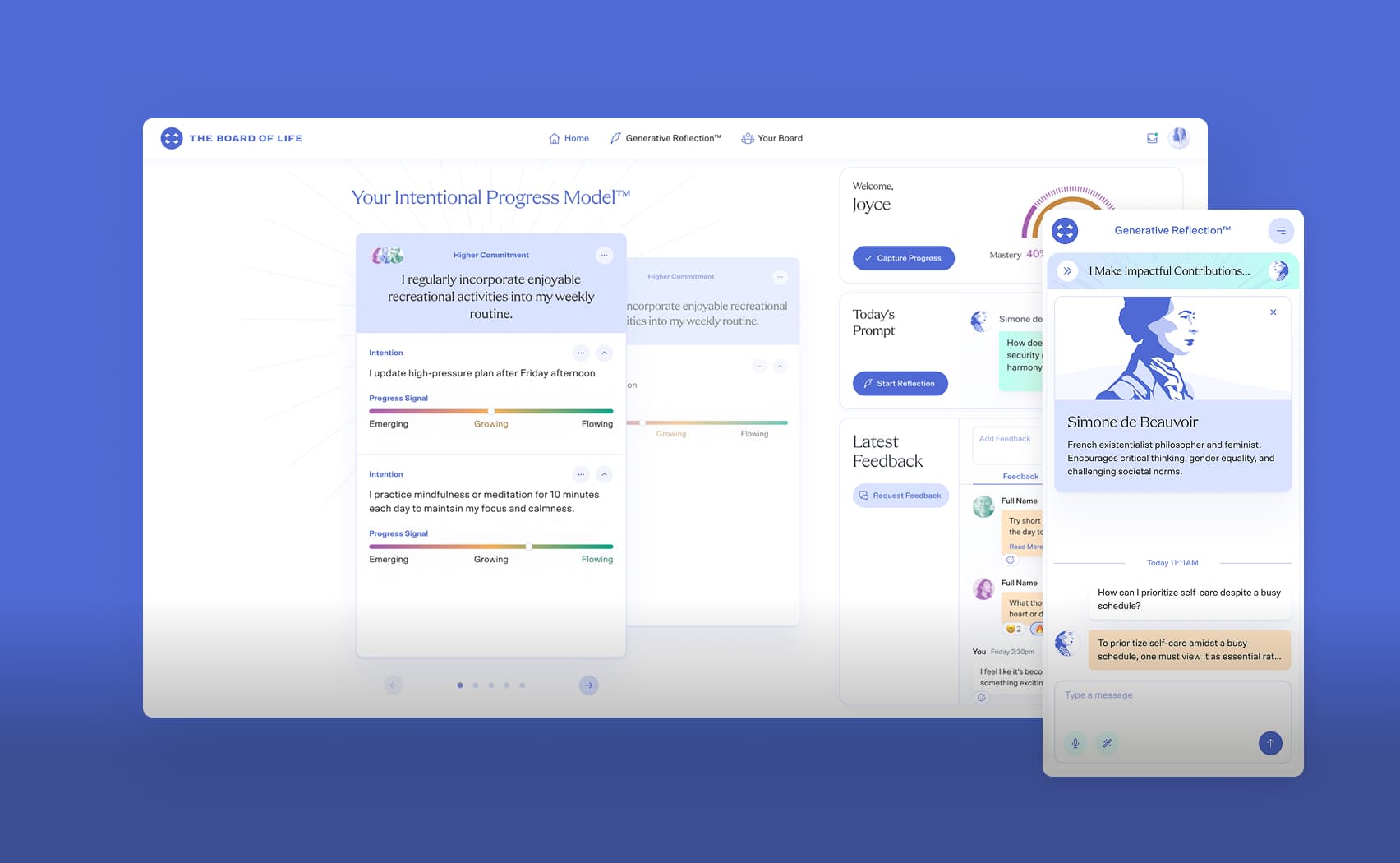Managing a Remote Development Team
I have been managing development projects for over fifteen years, ten of which I have spent managing remote teams. Throughout these years, I have experienced many successes, but I have also had some failures which I have always tried to use as lessons to improve my management style. I would like to share some of these lessons as tips for successful management of remote development teams.
Communication - As obvious as it sounds, effective communication is key to project success. Even more so when it comes to geographically disparate teams. Connecting all of the team members and developing mutual trust and collaboration between team members increases the sense of accountability. There are plenty of tools that help centralize communication. At JetRockets we rely on Slack to facilitate communication and keep everyone in the loop about the project and key decisions.
Face-to-Face Time - While being able to communicate via chats and Slack messages is effective, it is also super important to actually see the people you work with. Putting a face to a name helps you to get to know the person better, maybe even develop friendship. Video conferences make it easy to eliminate time and space barriers and to build team camaraderie. We also encourage our clients to join video conference calls with their product teams at least once a week, so that everyone gets to know each other better.
Structured Meetings - While the frequency of meetings may depend on the needs of a specific project, the structure of each meeting should remain the same - to minimize wasted time and maximize productivity. It is always good to kick off each meeting with a brief informal 5-10 minutes chat, after this, however, the meeting should stick to a clear agenda where every member gets an opportunity to share their progress and raise issues. Any follow-up topic that does not require the presence of the entire team should be taken offline to avoid meeting hijacking.
Ditch Emails - It is a known fact that email is the least effective communication tool. Information is often lost in endless threads, documents are hard to find and impossible to edit in a collaborative fashion, and requests get ignored or forgotten. Do not rely on emails when it comes to project management, instead take advantage of the many technical solutions that can make a significant difference in your project's outcome.
Task Management - After trying many different project management tools, the JetRockets team has concluded that Asana was the most convenient and effective. We have developed our own methodology for efficient backlog tracking and Sprint planning using Asana. At any given point, the project manager, or the client is able to see how the team progresses and what issues arise.
Knowledge Base - Maintaining and effectively sharing a comprehensive database of important information about the project is very important. It helps onboard new employees, educate clients, and provide proactive support. There are many tools out there that can be used for this purpose, but even a simple Google Doc can do the trick as long as all team members contribute to the knowledge base and it is a part of the overall development process.
Don't Micromanage - Most professionals do not appreciate being micromanaged. It kills their morale and creates lack of trust between managers and employees. Set realistic expectations, articulate them clearly, and then let the team do their job. Establish an update process that works for you and make it part of your new employee onboarding process.
Timely Feedback - Transparency and client engagement are key to project success. To facilitate transparency, go above and beyond the usual "Weekly Status Updates". Our clients have full access to our project management system and our development environment, where they can see the work as it progresses in real-time and can provide timely feedback when necessary.
Be Available and Accessible - Effective managers are available and respond quickly to their subordinates. It is important to maintain an open-door policy and make yourself available across multiple time zones and through multiple channels - Slack, Skype, email, phone, text - to be able to answer questions or address concerns in a timely manner.
To summarize, successfully managing a remote team requires an extra emphasis on communication and timely feedback. Being attentive and responsive, creating an empowering and trusting environment, and using technology wisely helps make each and every project successful regardless of where the development team is located.
We specialize in designing, developing and supporting custom software solutions that help clients achieve their unique business goals. If you have any questions or are looking for a complimentary consultation, don’t hesitate to reach out.



